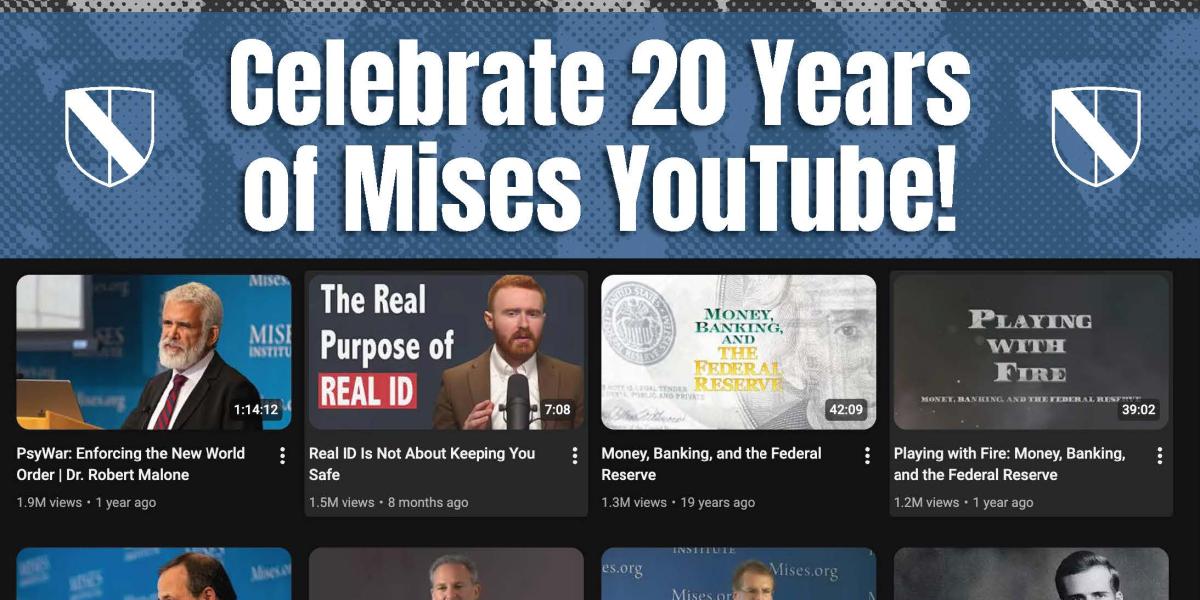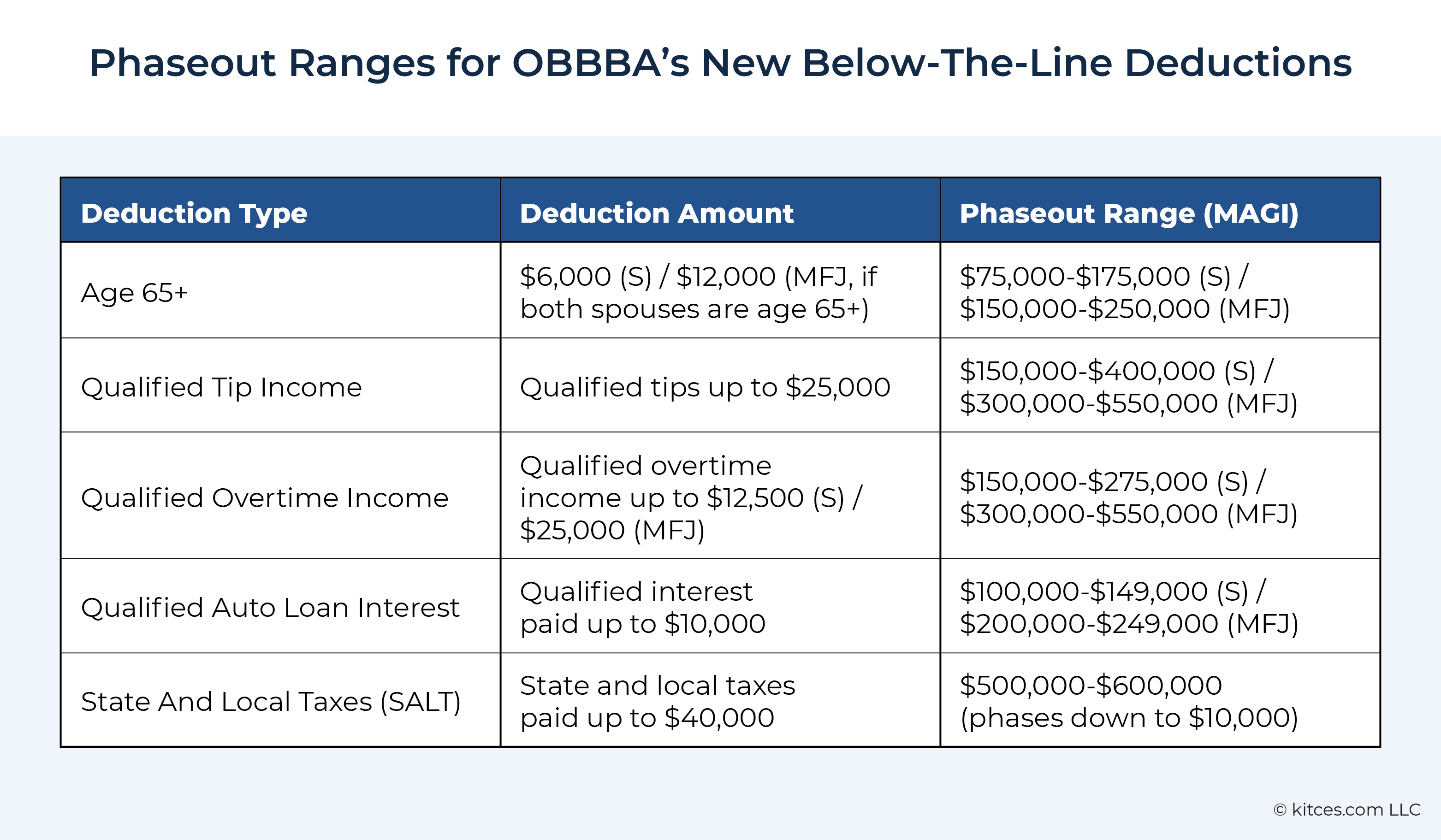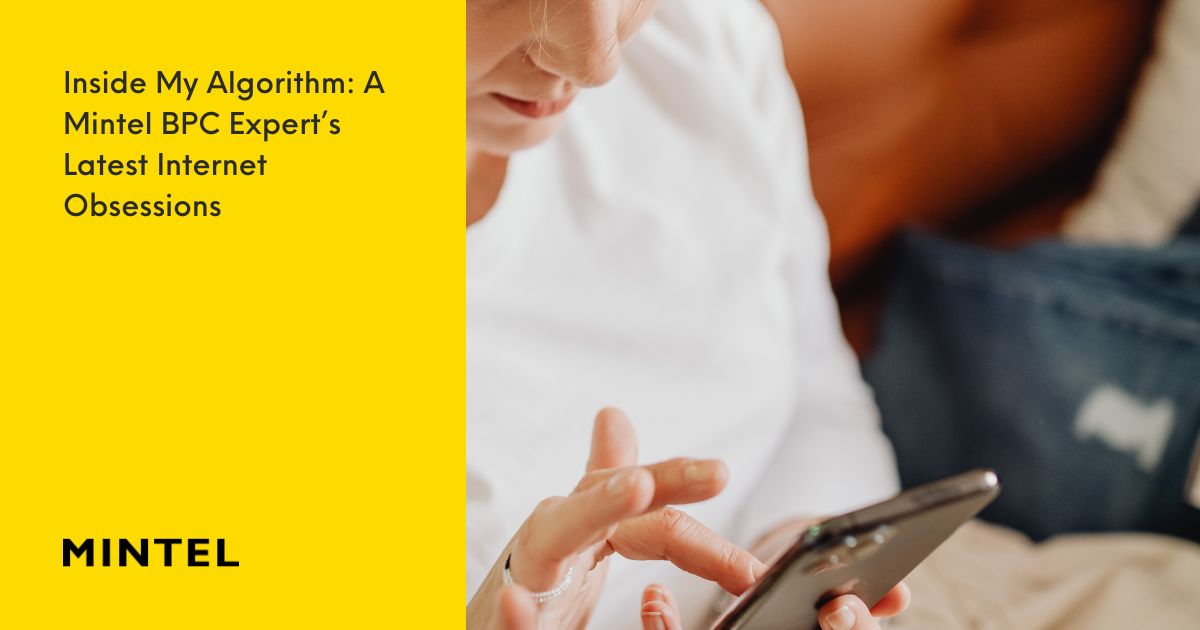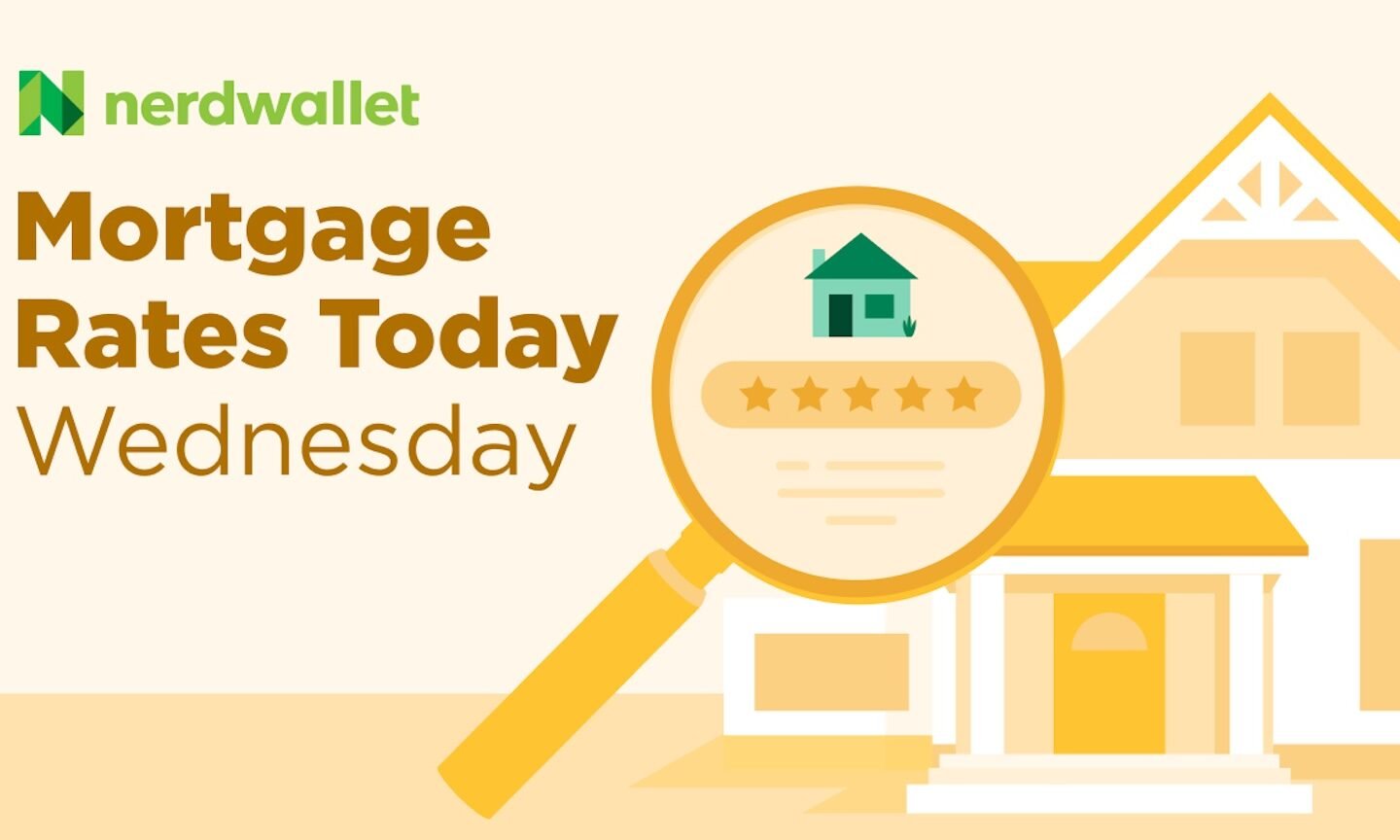When I first started teaching, David Henderson gave me some advice: to be open about who I am regarding my economic philosophy. At the beginning of class (and several other times throughout), I mention that I am a classical liberal—a free-market economist who argues that individuals rather than governments are best suited to deal with complex social relationships and problems. I don’t rule out government intervention completely, but I make a strong presumption of liberty that must be overcome before government intervention is justified. Law exists to enhance liberty, not restrict it.
That is some of the best teaching advice I have gotten. For many students, especially those who might disagree philosophically with me, it prompts conversations outside of class about economics and liberalism. On campus, we have beautiful live oaks. On nice days I hold office hours outside, so I have had many great conversations with students in their shade. Some of the students have liberal leanings. Others do not but are interested in the philosophy (or wish to pose counterarguments). But all leave the conversation enriched. Or, at least, I do.
Recently, one student asked why I am a liberal. It is a good question, and the answer has evolved. Certainly, I am a liberal for empirical reasons. Liberalism has led to unprecedented human flourishing, virtually eliminating true poverty in liberal countries. Liberal countries tend to be more tolerant, peaceful, wealthy, healthy, creative, and happy. There are countless books that document this, but for those who want a more dramatic read, I recommend The Rise of the Cajun Mariners: The Race for Big Oil by Woody Falgoux. Woody tells the story of the Cajun boaters who started with nothing, gambled it all, and became “oil boat barons.” It is a tale that could only come about in a liberal market economy. As Thomas Sowell once said, “I do not have faith in the market. I have evidence about the market.”
If you asked me, “Why liberalism?” 20 years ago, when I first started learning economics as a high school student, I would have stopped with the empirical evidence. But I have since engaged with many liberal thinkers, both past (Adam Smith, Frederic Bastiat, John Millar, A.V. Dicey, F.A. Hayek, James M. Buchanan, etc.) and present (Don Boudreaux, David Henderson, Pierre Lemieux, Russ Roberts, Dan Klein, etc.).
Over that time, I have come to appreciate a deeper understanding of “liberalism” and “human flourishing.” In fact, I’d say my view now is much less geared toward the empirical; even if liberalism did not result in better material outcomes, I would still be a liberal. I think James Buchanan put it best in his essay “Natural and Artifactual Man” (reprinted in Volume 1 of The Collected Works of James M. Buchanan):
Man wants liberty to become the man he wants to become. He does so precisely because he does not know what man he will want to become in time. Let us remove once and for all the instrumental defense of liberty, the only one that can possibly be derived directly from orthodox economic analysis. Man does not want liberty in order to maximize his utility, or that of society of which he is a part. He wants liberty to become the man he wants to become. (pg 259, emphasis in original.)
Liberalism lets people both discover and become the best versions of themselves, whatever that version may be. Will some people mess up? Of course. And that is ok. Will some use their freedom to abuse others? Of course. And that is where a liberal government in a liberal society has a role: to punish those who commit injustice. To me, that freedom to find and live your best life, whatever it may entail, so long as you are not harming others, is beautiful.
Liberalism is truly a social philosophy. It encourages social behavior because it encourages peace. Because of this, liberalism encourages societal cohesion in a way that collectivist ideologies that do not prioritize individuals cannot. It encourages human flourishing in a myriad of ways. And for that, I am a classical liberal.
Live oaks in the quad at Nicholls State, photo by the author.
[1] I use “liberal” and “classical liberal” interchangeably in this post. They mean the same thing. “Liberal” here does not refer to the American left or Democratic Party.
[2] These lists are not exhaustive. I have been blessed to engage with many great thinkers. The exclusion from these lists does not imply a lack of influence or is not meant as a snub to anyone.
As an Amazon Associate, Econlib earns from qualifying purchases.

























